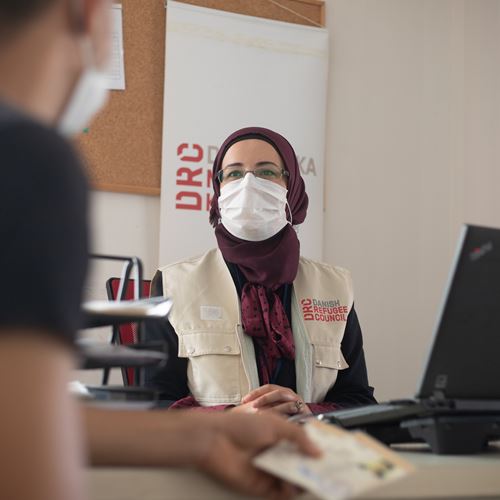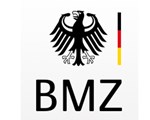
Türkiye
Türkiye hosts the world’s largest refugee population, with over 4 million currently registered. Despite the efforts of the Government of Türkiye and the generosity of host communities, many refugees in Türkiye live under challenging circumstances with limited access to support.

Displacement trends
Source: | UNHCR
Displacement Trends
Definitions
EDPs: Refugees under UNHCR’s mandate
IDPs: Internally displaced persons
Asylum seekers: People whose claims for refugee status have not yet been determined
Stateless: People not considered as nationals by any State
HST: People living in Host Communities
OIP: Others in need of International Protection
OOC: Others of Concern
Forecast
DRC forecasts are based on a machine learning tool that has been developed to predict forced displacement (IDPs, refugees and asylum seekers) at the national level 1-3 years into the future.
Why we are there
DRC has been active in Türkiye since 2013, with the aim to enhance the capacities and self-reliance of refugees and vulnerable host communities affected by displacement.
DRC operates in the southeastern provinces of Türkiye, which host the highest numbers of Syrian refugees after Istanbul. DRC also serves refugees in other parts of the country through local partners.
DRC is recognised as a leading actor within the protection and economic recovery sectors. Türkiye is also host to refugees and migrants from countries other than Syria, with arrivals from Afghanistan significantly increasing in recent years. Therefore, DRC has adapted its programming to contribute to issues related to mixed migration, in addition to responding to the Syrian displacement.
What we do
In Türkiye, DRC works with all displacement-affected populations such as refugees, migrants, and vulnerable host communities.
We respond to the most acute protection risks faced by refugees in Türkiye through specialized protection services involving a tailored, confidential case management approach.
DRC also facilitates integration of refugees and vulnerable host community members into Türkiye’s formal economy through wage and self-employment and increased access to inclusive economic growth, using both individual-focused and market-based interventions.
We increase the employability of Persons of Concern (PoC) through demand-driven skills development, as well as strengthening their networks and employment prospects.
Our work is funded by


Danish Ministry of Foreign Affairs

Federal Ministry for Economic Cooperation and Development (BMZ)

